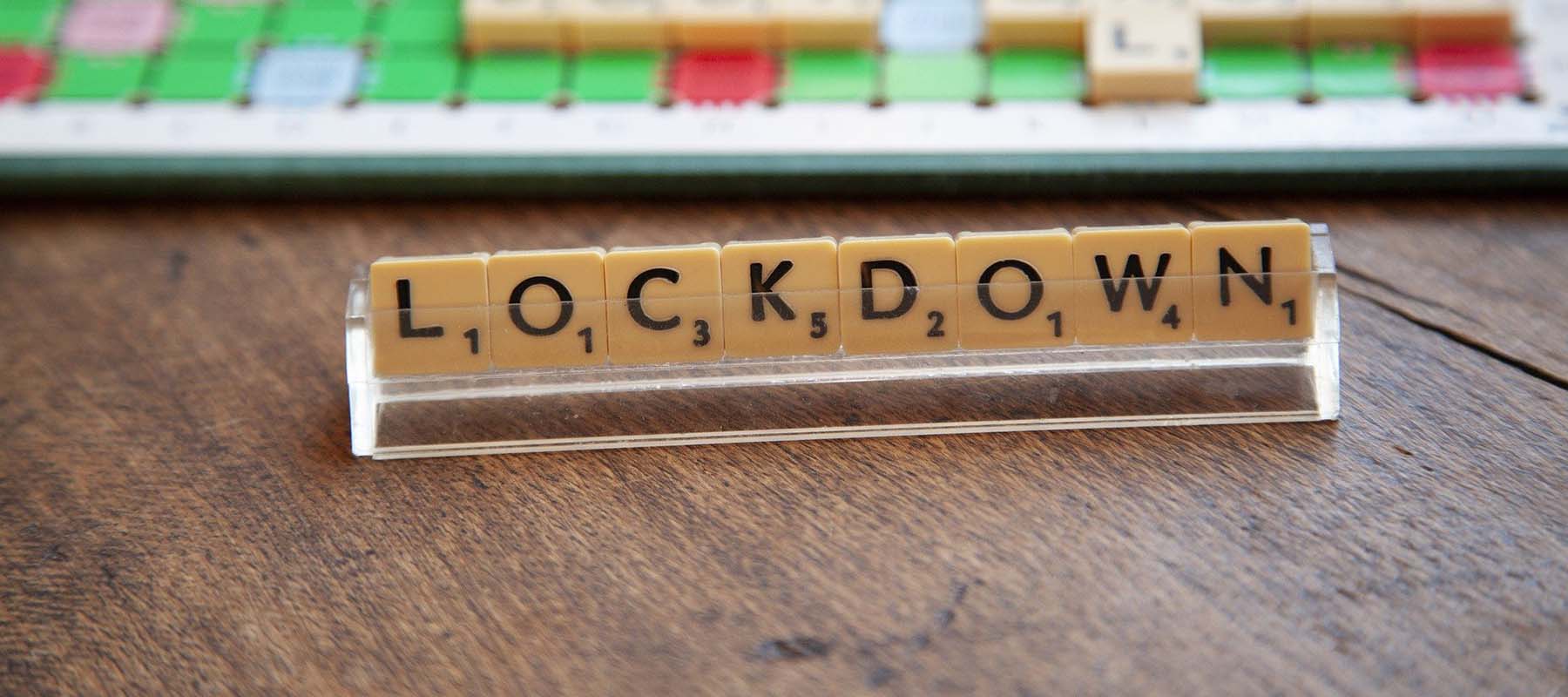
The coronavirus pandemic is causing us all a lot of stress and anxiety: the government lockdown has seen huge changes to our normal routines, with many of us working from home and with limited social contact with loved ones and friends.
Understandably we are all feeling emotional and it's more important than ever to be taking care of our health and mental wellbeing.
In Mental Health Awareness Week (18-24 May 2020), we have a few simple tips/reminders from our wellbeing experts to help keep you on an even keel for the duration of the lockdown.
Good personal relationships are crucial for mental wellbeing and self-isolation doesn't have to mean being lonely.
Take time each day to connect with friends or family, by phone, email, social media or apps like Zoom and Facetime. Virtual dinner parties, quizzes and movie nights are now very popular, alongside other online communities such as book clubs.
If you're living with friends or family members, switch off the TV to talk or play a game together or arrange a fixed time to eat. You could organise to cook the same meal so it feels shared. Find more suggestions here.
Winchester Student Union recently launched their online Positive Pandemic initiative, bringing students together virtually to share positive news, practical wellbeing tips, home workouts, online games, quizzes and recipes during the outbreak, to make everything seem a little more positive. Find out more in this blog post.
Lockdown exercise is permitted and positively encouraged, with the recent easing of restrictions meaning that some sports such as golf and tennis are now possible. Getting out once a day for some fresh air, whether for a walk, jog or bike ride to clear your mind can be very beneficial to mental wellbeing.
Experts in the University's Department of Sport, Exercise and Health, have shared some invaluable tips about how we can work out at home.
Many gyms and exercise studios have migrated their classes online, so check out what's available, from yoga to Zumba.
This is an anxious time and it's easy to feel overwhelmed by everything that's going on.
Maintaining a balance of activities during your day, such as those that give you feelings of pleasure, achievement and purpose can improve your wellbeing. If you know that watching the news or following social media makes you feel more anxious, try and limit the time you spend engaging with those activities.
Focus on what you can control rather than what you can't. Helping others can give you a sense of purpose and improve your own wellbeing too, so consider signing up as a volunteer locally. There is more information here.
Finally, many people find that a few minutes practising mindfulness or meditation can make a huge difference to how they feel and help them let go of their worries and focus on the present. There are loads of apps available for this, including Headspace and Insight Timer.
Sleep is vital for both physical and mental wellbeing, although it is often affected during times of stress. Maintaining good sleep practices and regular sleeping patterns is a way to help this.
Try and stick to the same sleep/wake routine everyday - including weekends - and avoid napping during the day. Avoid phones and other electronic screens at least 30 minutes before bedtime and avoid caffeine, alcohol and nicotine before turning in.
Make sure your sleep environment is clean, tidy and at a comfortable temperature and relax with a quiet activity before bed to improve your chances of a sound night's sleep.
With days and weeks merging into one and anxiety levels high, it can be hard to stay motivated, productive and positive. Simple tips can help you stay focused.
Write a to-do list for the week and categorise each activity as either fun, routine (day-to-day chores etc) and necessary (for example, assignments). Schedule the activities into a weekly planner, ensuring that you have a good balance of fun, routine and necessary activities.
Start small-this will give you a sense of achievement quickly and motivate you to keep going and reward yourself when you have ticked a task off your list.
With thanks to Sarah Thomas, Mental Wellbeing Outreach Adviser, in Student Services, and Nikki Bellerby, Staff Wellbeing Officer, for their help in providing information and advice for this blog post.
Press Office | +44 (0) 1962 827678 | press@winchester.ac.uk | www.twitter.com/_UoWNews
Back to media centre